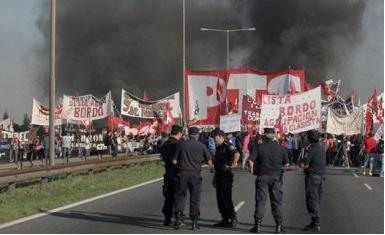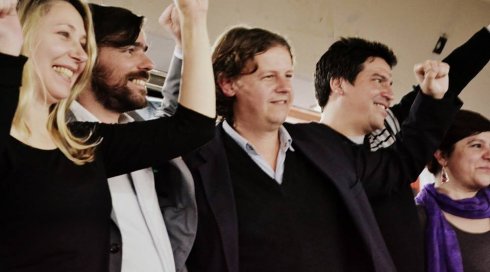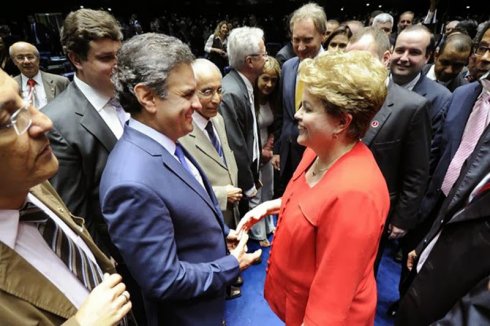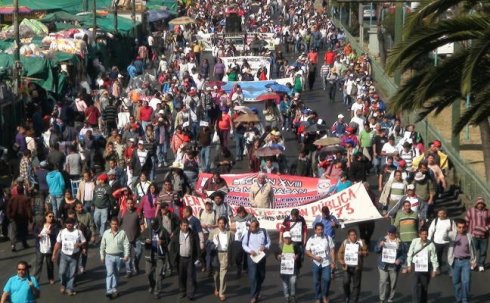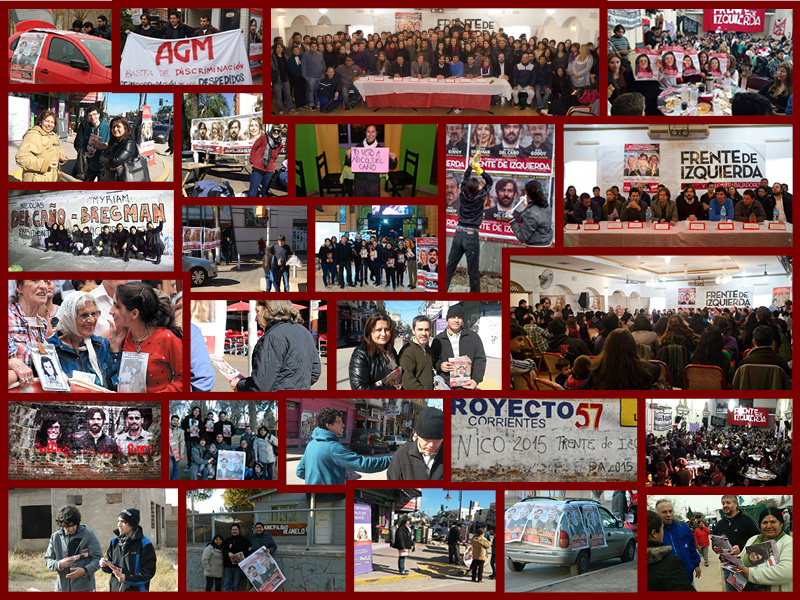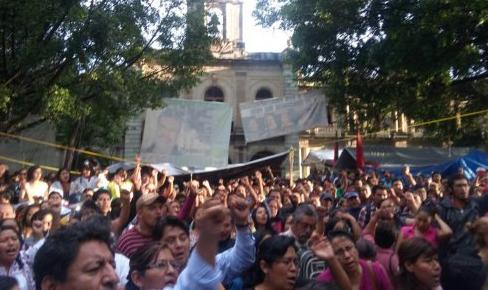Brasil
Strike in Sao Paulo University
17/06/2010
Pablito, Diana and Domenico, union delegates, representatives of strike commitee and leders of LER-QI
The USP workers, who have been on strike for 37 days, ended the struggle
when the Chancellor João Grandino Rodas, representative of the San
Pablo governor, Jose Serra, conceded a 6% salary increase for the
professors, excluding the non-teaching workers. This concession broke an
agreement that was signed by the three state universities and the unions in
1991 that had guaranteed equal salary adjustments amongst all of the
categories of university workers, and on the contrary implemented a division between professors and university workers, which broke up the strike movement.
The Chancellor organized a reactionary campaign in the bourgeois media,
treating the strikers like mercenaries hired by the unions and warning that
if the civil society doesn’t intervene, the USP would transform into a
Haiti. Behind the racist discourse is the attempt to get the entire society
against the workers in struggle, searching for a way to legitimize the plans
to degenerate Serra government education in the university, which have
already been instated by Lula on a national level. The Chancellor’s actions,
to isolate the strike, are based on a political and social conformist
situation, from the extreme popularity of the Lula government. But this is a
struggle against the Serra government, which isn’t as popular and is during
the middle of an electoral dispute with the PT. That’s why it has a lot of
contradictory elements. It maintains itself and is able to grow in a
context without struggle and at the same time win partial but important
support from professors, students and intellectuals.
The Chancellor declared that he was going to deduct the workers pay and finethe unions for picketing. In response to this attack, various sectors have mobilized, like the faculties congregations even the work judge and USP professor, Jorge Luis Souto Maior, who declared that “exercising a
fundamental right, the strike, can’t be negotiated in exchange for another
fundamental right, the salary”.
The movement continues strong with new entities joining the strike and
mostly in a radicalized form of eleven UNESP campuses and an important
strike at UNICAMP, confronting the PCdoB government union bureaucracy. The only student sector that came out strong in support of the workers was the UNESP Marilia, where there is a strike and occupation in support of theworkers, and where we, the LER-QI play a leadership role. While 1,000 workers’ families go hungry because of the pay deduction, Rodas is traveling abroad and making an electoral campaign for PSDB and the UNESP and UNICAMP Chancellors. In response, last Tuesday, the workers occupied the USP Chancellor’s office in an action that included support from hundreds of students and the important presence of university professors, who gave classes inside the occupied office.
The demands of the occupation were generated from the opening of
contract negotiations and the demand for the payment of the salary
deductions. But our strike, which is struggling for salary equality is a struggle to defend the public university, so that it will be free and quality, at the service of the workers and the working poor; to put an end to temp workers and the reinstatement of all of the workers who were converted into temp workers; for the immediate reincorporation of Claudionor Brandão (fired in 2008 by the Serra government); and for dropping the charges of those students and workers in struggle who were prosecuted. We, the LER-QI, knowing that this is a test case, are taking actions in order to demonstrate to the workers that we don’t have to accept the salary deductions and hand over the right to strike, like the union bureaucracy did in the recent professors’ strike.
